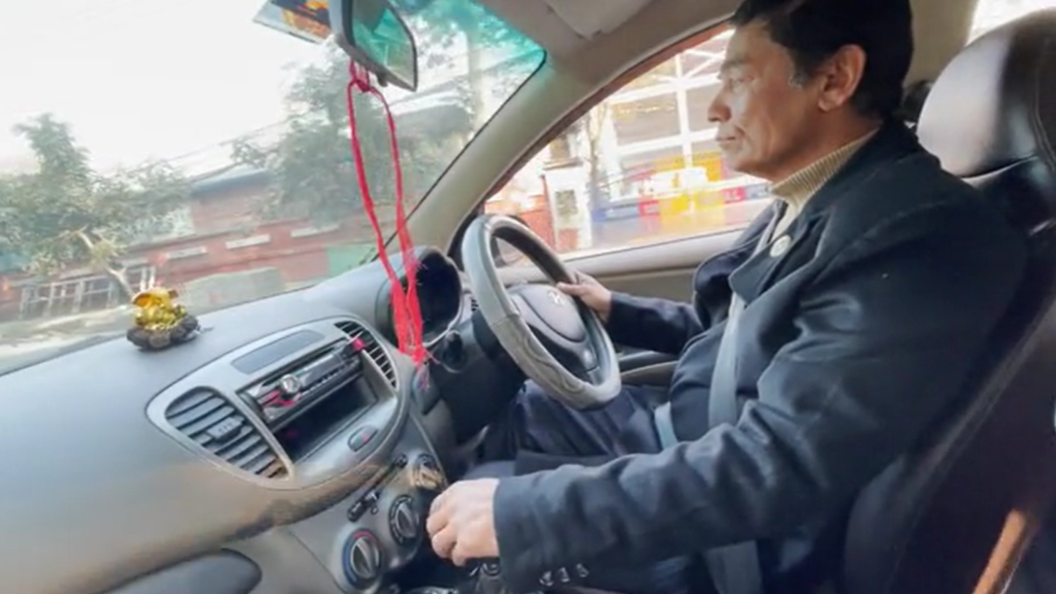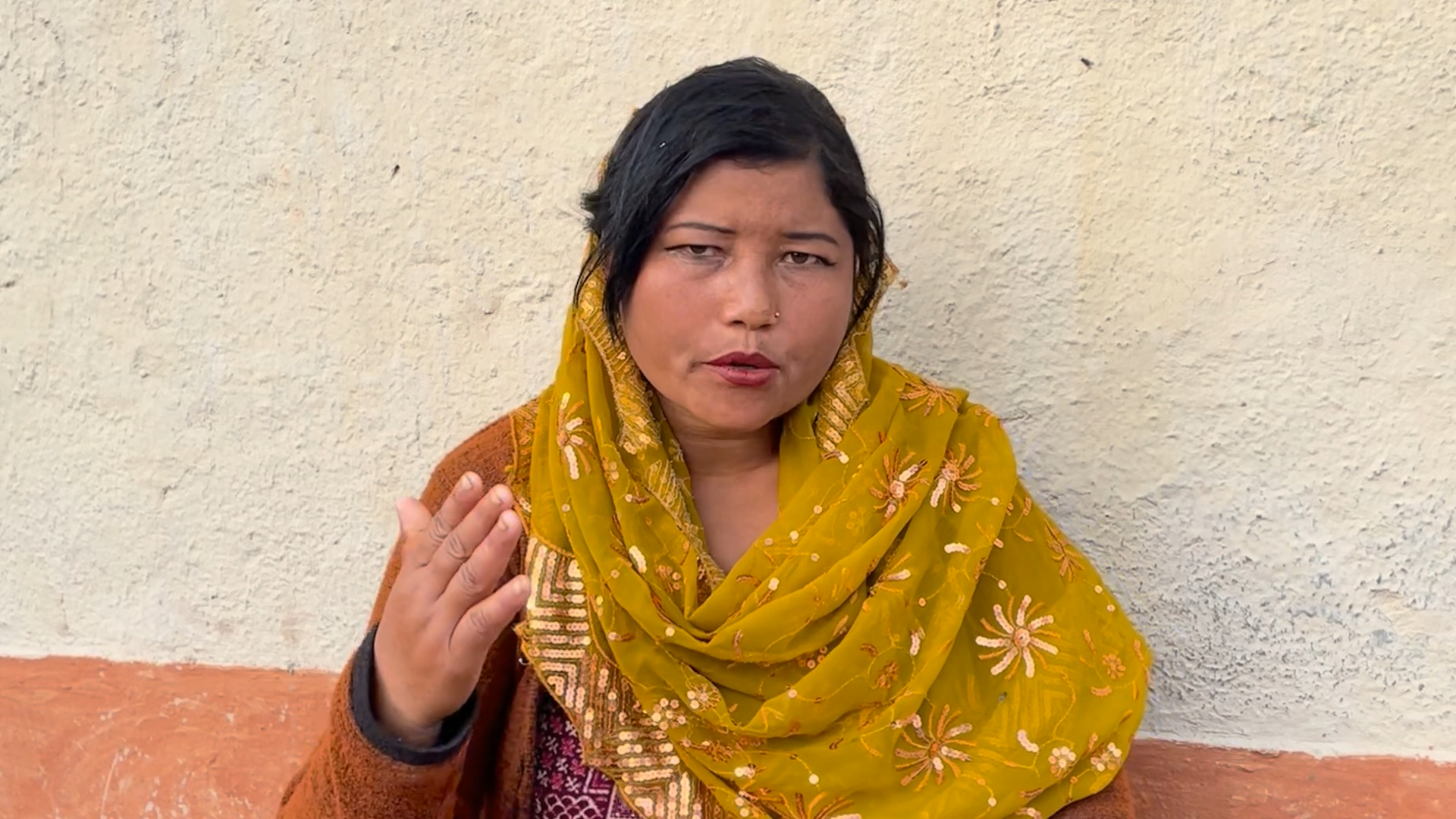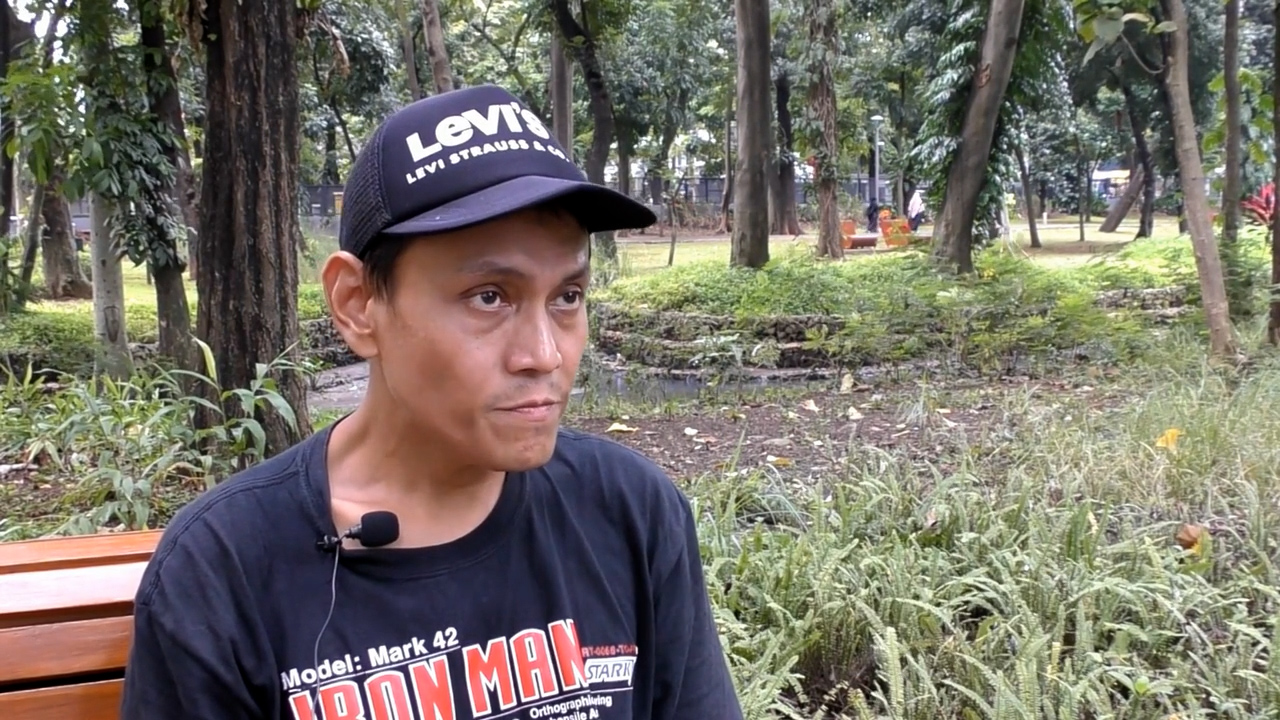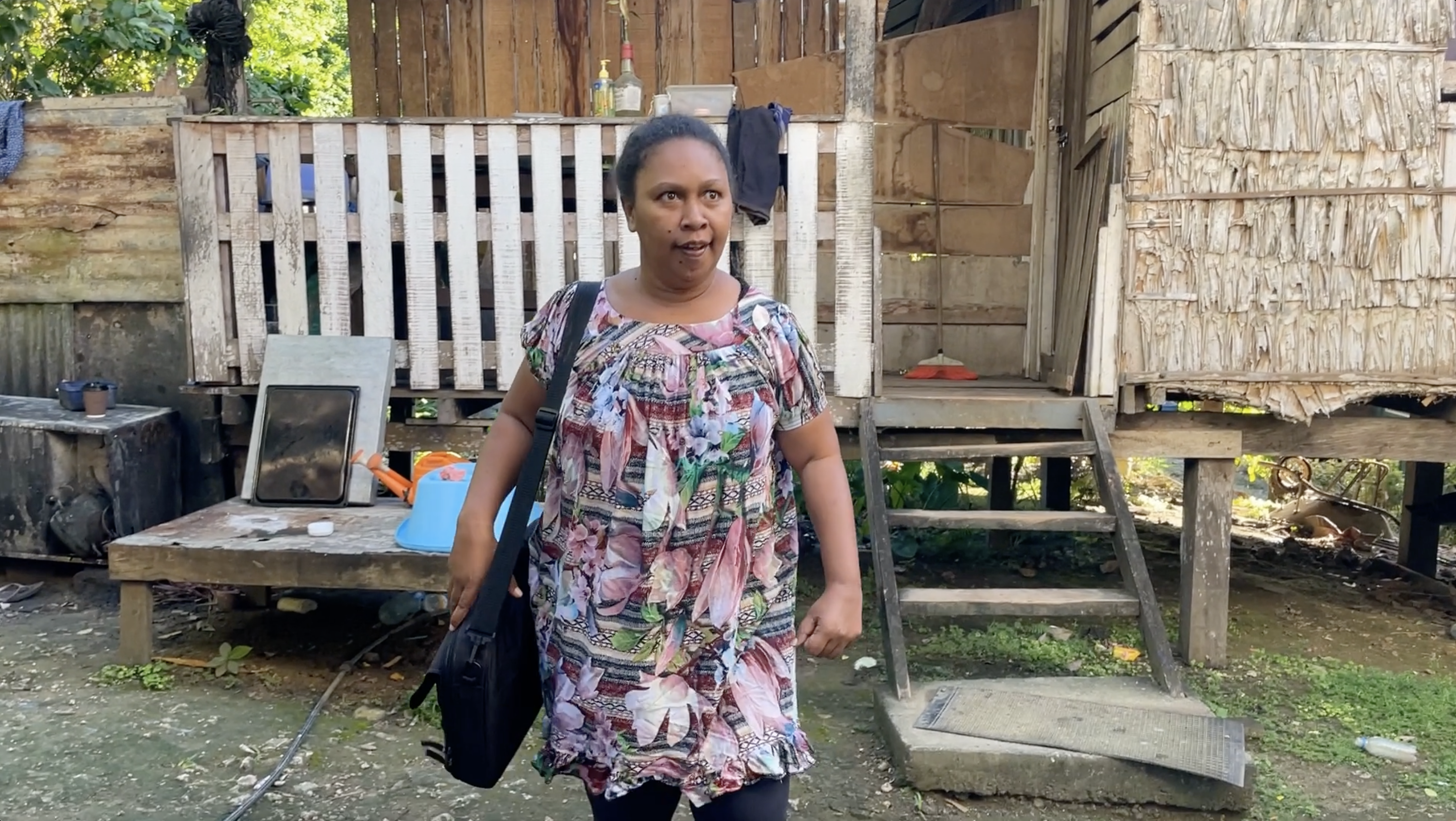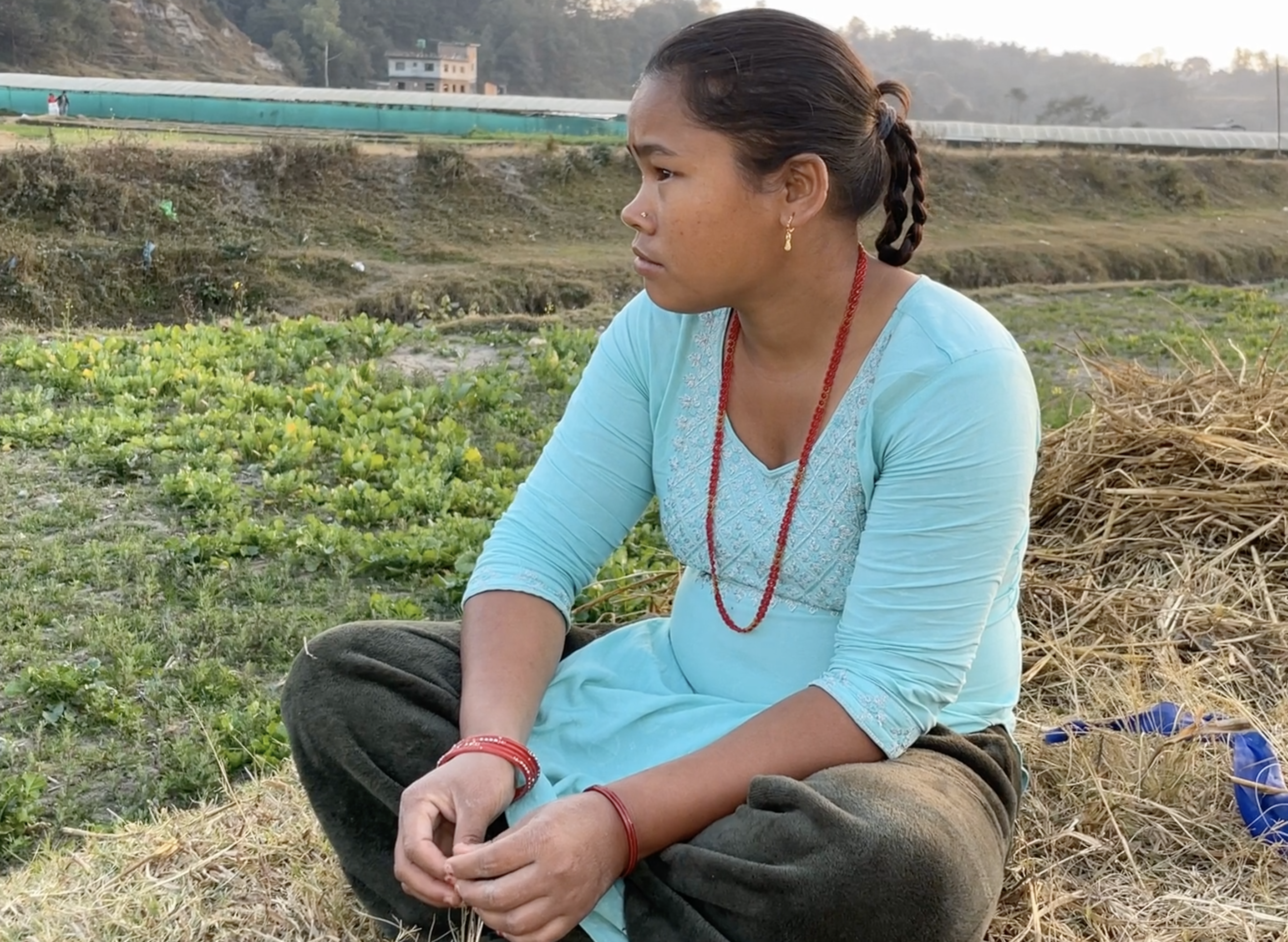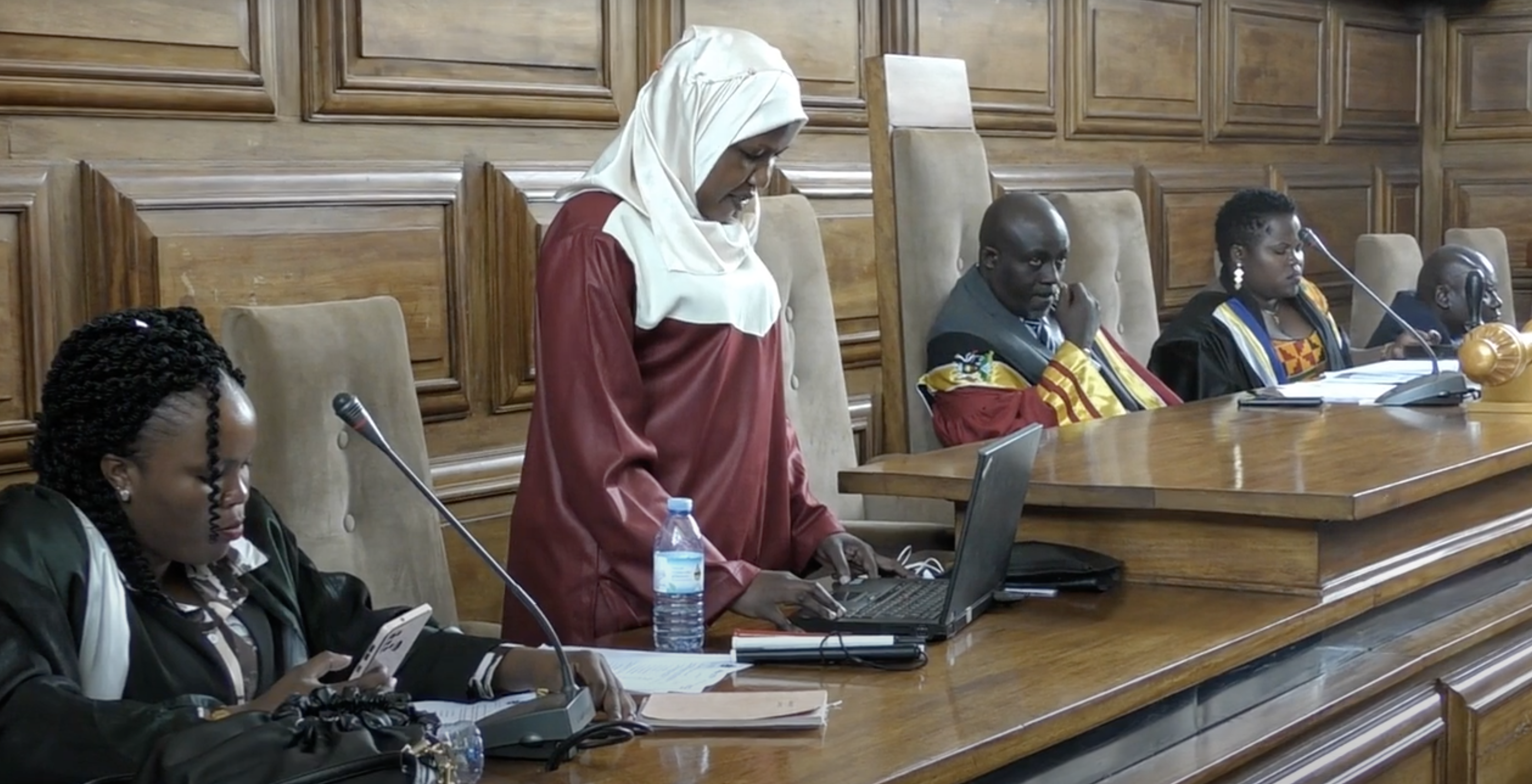Film
Dramatic Waves of Change
Harnessing Drama to Educate Kiribati on Climate Change and Disability
Read our instructions on how to watch the video on Able Player.
The World Health Organization cites the Pacific nation of Kiribati as one of the most vulnerable countries to climate change. Because of an onslaught of environmental problems like rising seas and intensifying storms, much of Kiribati may become uninhabitable within decades. I-Kiribati with disabilities are particularly at risk, as they are less likely to be formally employed and rely on fishing and farming for their livelihoods. As part of her work with Te Toa Matoa, Ruby Nabetari is passionate about drama as a catalyst for social change and hopes that through theater, she can speak volumes to policymakers who are deciding the fates of those with disabilities in climate-vulnerable nations.
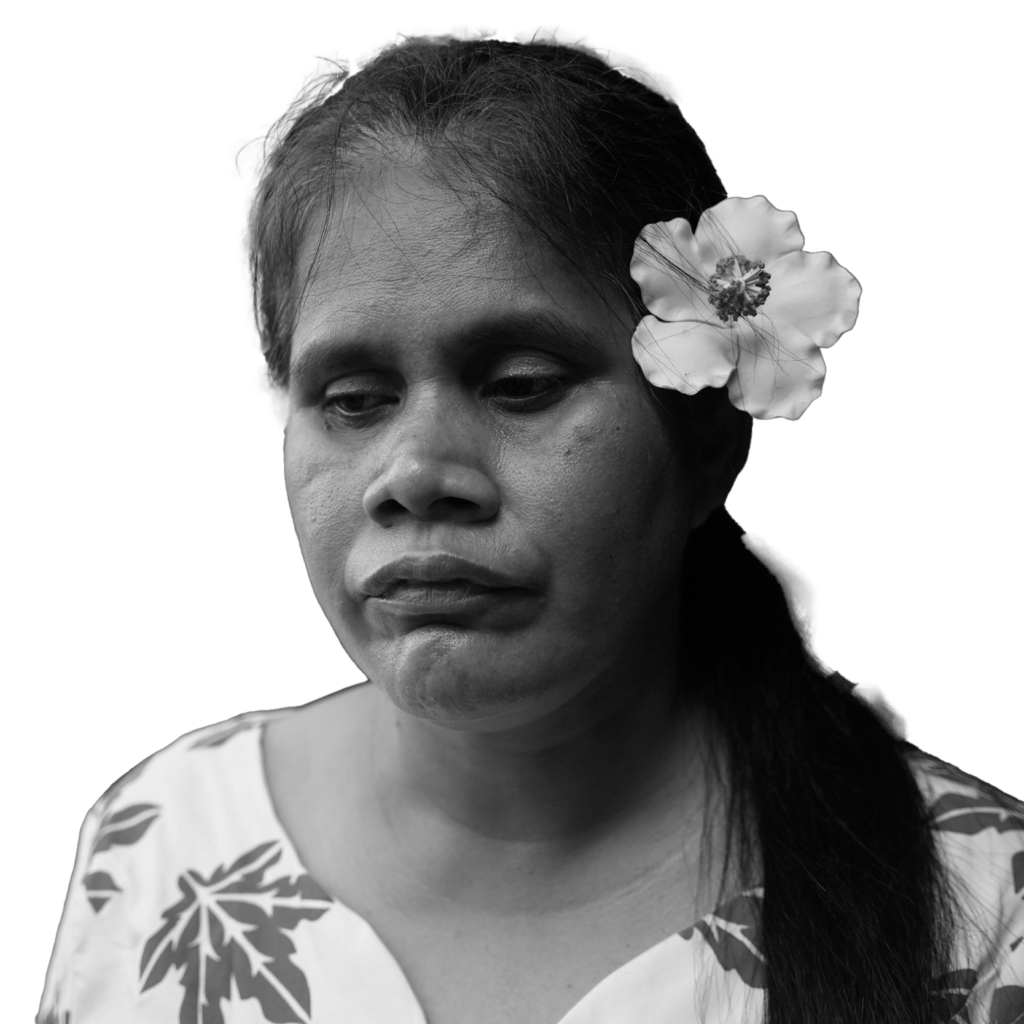
Filmmaker: Faaolo Utumapu-Utailesolo
Faaolo Utumapu-Utailesolo is the program officer for the Pacific Island Countries for the Disability Rights Fund and the Disability Rights Advocacy Fund. She works closely with the program team and serves as a liaison between the funds and grantees in the Pacific Island Countries.
